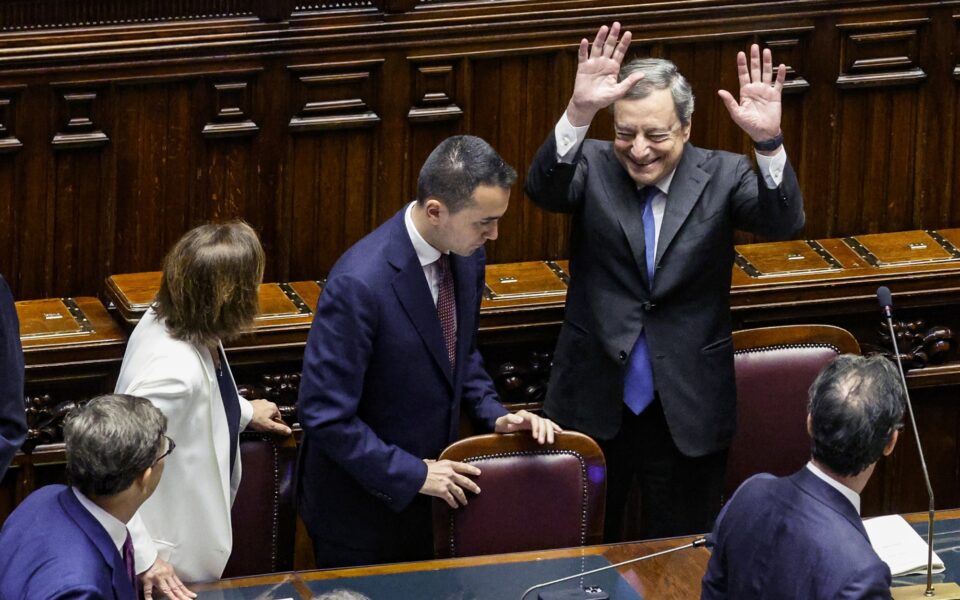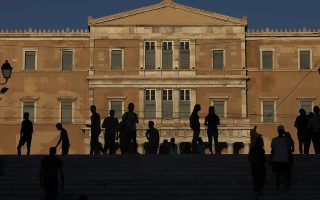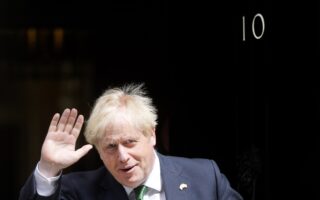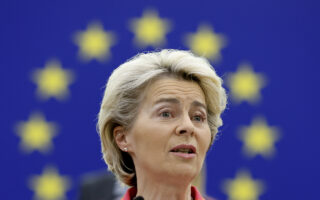Italy and the EU after Draghi’s resignation

Almost 18 months after uniting political forces in Italy, Mario Draghi resigned as prime minister. Internal disagreements within the Five Star Movement elicited a general crisis, which not only included the schism within this party but also the lifting of confidence towards the respectable banker by two other parties, namely The League and Forza Italia. Draghi had demanded a clear political path onwards to continue; in other words consensus among different parties, which proved to be a tall order.
The news coming from Rome has not pleased the European Union and the markets. Increasing borrowing costs constitute an example. Nevertheless, Italy might sooner or later find itself in such a labyrinth. A general election would need to be held no later than June 1, 2023. Draghi is not a politician and has never promised to offer a permanent political lifejacket to save his country and the EU. Also, similar moments of deadlock are not rare in the domestic political scene. This is the third time the Italian government has collapsed since the general election of 2018.
Irrespective of the final date of the next poll, there are three main elements which have the capacity of shaping developments. The first is the alleged determination of current Foreign Minister Luigi Di Maio to form his own party. The second is the questionable ability of the Democratic Party to work together with the Five Star Movement – as the latter stands now at least – and its limited choices to cooperate with others to form the so-called ‘campo largo.’ And the third is the uncertain possibility for the three parties of the right and center-right spectrum – namely Brothers of Italy, the League and Forza Italia – to form a united front. Subsequently, the cohesion itself of these parties cannot be taken for granted. A few politicians, for example, have already resigned from Forza Italia.
Draghi is not a politician and has never promised to offer a permanent political lifejacket to save his country and the EU
The EU will certainly miss Draghi’s tenure, which was anchored in hard work and the sentiment of duty. Under Draghi, the Italian economy grew by 6.6% in 2021 and the national Recovery and Resilience Plan started to be implemented. But pre-existing problems had already been serious. According to Italian statistics, inflation amounted to 8% last month, a percentage last witnessed in 1986, whereas the price of energy products increased by 48.7% in comparison to June 2021.
As things are developing, the EU ought to be pragmatic and stomach the new reality that does not only come as the result of party interests in Italy but as the outcome of an expanding social calamity affecting ordinary citizens in that country and beyond. Lessons from the debt and the refugee crises are still fresh. It is the responsibility of the EU leadership to ensure that previous mistakes will not be repeated. Draghi’s resignation follows the failure of France’s Emmanuel Macron to win a parliamentary majority in June, while the popularity of the governing Social-Democratic party in Germany has been dropping dramatically.
Dr George N. Tzogopoulos is a senior fellow at the Hellenic Foundation for European & Foreign Policy (ELIAMEP) and the Begin-Sadat Center for Strategic Studies in Israel. In the last trimester he was a lecturer at Luiss University in Rome.





